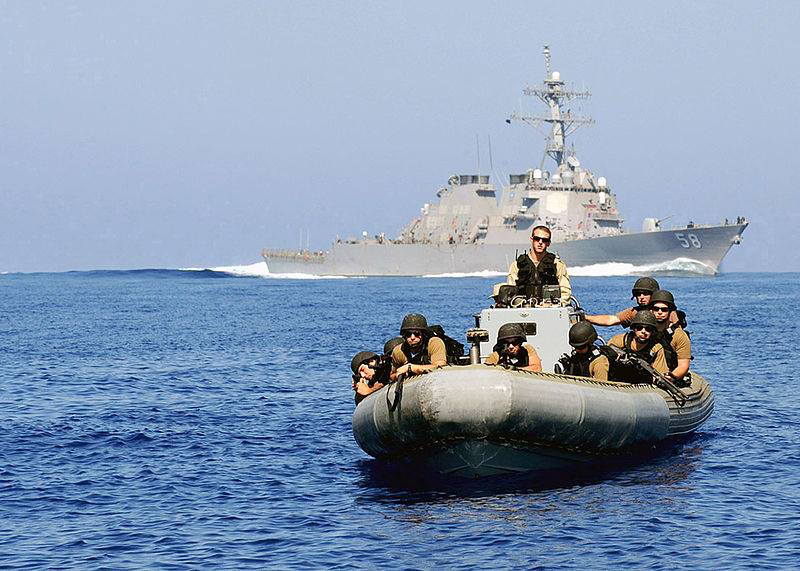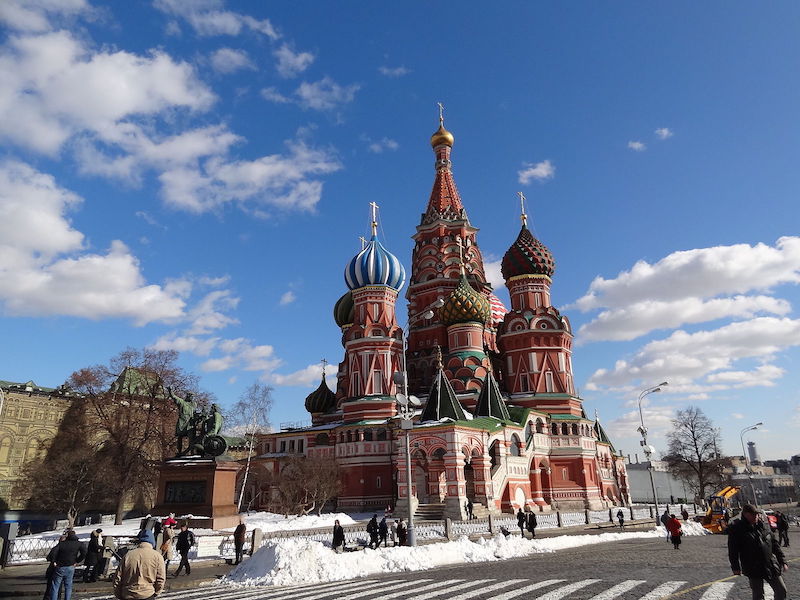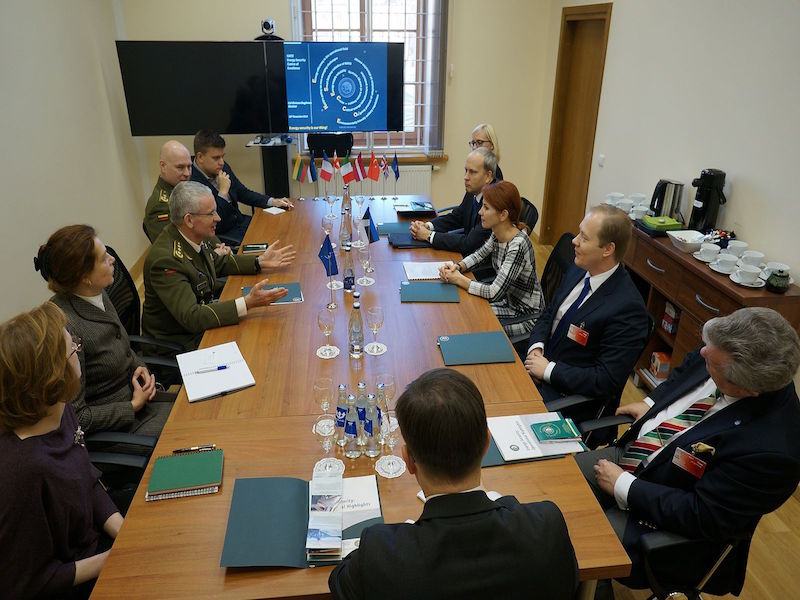A proposal to create a joint NATO Black Sea naval force has split apart the region, with Romania and Bulgaria going opposite ends, in regards to their military commitments. Bulgarian Premier Boyko Borissov recently said, “Our country will not become part of the Black Sea fleet being prepared against Russia. We will board the ships, we will waive our flags, but only Bulgaria and Romania”, adding that any other scenarios could lead to a military conflict.
Russia reacted to the proposal, warning against risks of escalating tension. Senior Foreign Ministry official Andrey Kelin explains, “If a decision is made to create a permanent force, of course, it would be destabilizing, because this is not a NATO sea.”
This isn’t the first time Bulgaria has had to choose between the European Union and Russia, a difficult choice that often came at a high cost for the country’s economy. In January, a ruling by The International Court of Arbitration at the International Chamber of Commerce in Geneva ruled in favour of Russian company Atomstroyexport over Bulgaria’s cancelling of a planned power plant. Bulgaria’s capital Sofia had contracted Atomstroyexport to build the plant but failed to secure enough investment from investors because of EU sanctions, and thus had to terminate the project. This tangle between Russia and the European Union has consequently barred crucial capital from both regions, leaving Bulgaria with a vulnerable, underdeveloped energy sector, despite European commitment to lift the country out of Russian energy dependency.
Along with upcoming elections, this may explain why Prime Minister Borissov stated that “To send warships as a fleet against the Russian ships exceeds the limit of what I can allow.” Drawing this line may be a question of life or death for the country. Michael Kofman, a military analyst at CNA Corporation, and a fellow at the Wilson Center’s Kennan Institute, describes Bulgaria’s situation as common sense. He explains “There’s little sense in further militarizing a space in which there is no chance of coming out on top with the correlation of forces. The consequence is a net security minus for member states. A NATO fleet has little viability and is unnecessary to achieve sea denial in the Black Sea. Bulgaria simply has more common sense than some others.” According to a 1936 Montreux Convention, countries that do not have a Black Sea coastline, cannot keep their warships there for more than 21 days. Russia plans to add 80 warships to its black sea fleet by 2020, and has been quite vocal about NATO having no business there.
That being said, Bulgaria’s position has little to do with NATO, or rather, little to do with its military dimension. Romanian Prime minister Dacian Ciolos quickly clarified, after Borissov’s statement, that the joint task naval force proposal was by no means a call to establish a permanent NATO fleet in the region. With or without joint-naval exercises, Bulgaria still faces large challenges such as a malfunctioning economy, bloated military spending, and urgent needs for energy reforms.
“We want investment, we want to develop tourism at a European level, and we want to see tourist boats and yachts in the Black Sea, not military vessels” says Borissov. Bulgarian resorts, according to Bloomberg, “made the bulk of the 2.9 billion Euro ($3.25 billion USD) tourism revenue last year, or 11 percent of economic output.” This is a vital source of income for a country – the poorest in the EU, set to spend $1.3 Billion to replace its soviet-era warships and fighters jets with new equipment. Energy independence is also at stake. In 2015, Borissov warned of potential energy catastrophe over disputes on renovating the country’s two nuclear power plants. The previous government led by him had to resign in the midst of ferocious protests against energy hikes.
In the aftermath of the soviet collapse in 1991, Bulgaria and Romania, along with a number of soviet states, sought much-needed investment from EU, with different levels of success. Both countries welcome higher integration with the EU and NATO.
Romania, however, is a different case. At 3.7%, Romania had one of the highest growths in the European Union in 2015, according to the World Bank. 70% of Romania’s exports are directed towards the European Union, roughly the same as Bulgaria, and they typically trade with the same partners: Germany, Italy, France and Greece.
What differentiates the two economies, aside from their size, is the strength of their labor force, with 9 million for Romania against 2.4 for Bulgaria. Romania’s population is relatively younger. Its population also views EU integration much more favourably. Romania’s exports to the EU, at $54 billion in 2015, are twice the size of Bulgaria, servicing a much wider array of products.
Romania, boasting a greater and more diversified trade with Europe, has also been much more critical to Russia. Pan Slavism, a 19th century doctrine aiming at Slavic integration in the Balkans under Russian tutelage, never fared as high in Romania, a country with deep Latin roots. A strong backer of economic sanctions for the Kremlin after the invasion of Ukraine, relations between the two countries have been mired by a series of scandals involving a Russian diplomat accused of spying. Romania and Russia also have opposing stakes on the breakaway region of Transnistria, making Bucharest very wary of Russian meddling in its internal affairs, as Romanian observers suspect Russia might attempt to annex it in the future.
These differences along with a lack of opportunities for Bulgaria, may explain why Bulgarian Prime Minister Borissov was trying to reassure Russia over not picking up the opposite side in the geopolitical stalemate. Bulgaria, which has lagged behind in embracing the European market, is dependent on Russia for rising foreign direct investment, tourism and energy investment. This may explain the much more moderate tone adopted by Prime Minister Borissov.
Photo: By U.S. Navy via Wikimedia Commons. Public Domain.
Disclaimer: Any views or opinions expressed in articles are solely those of the authors and do not necessarily represent the views of the NATO Association of Canada.




